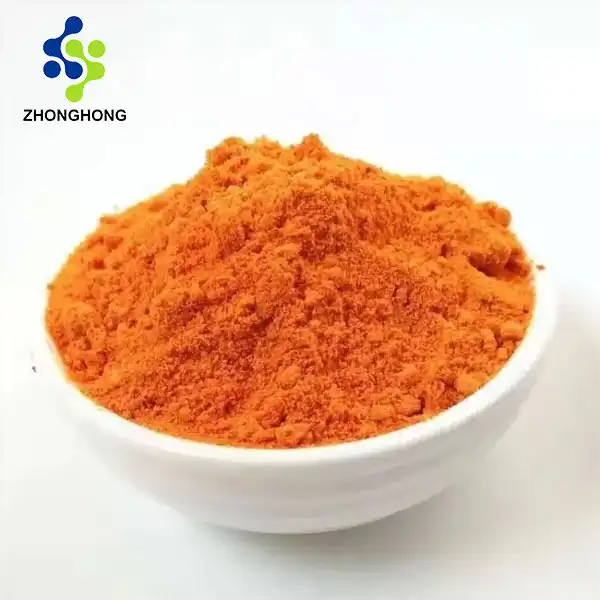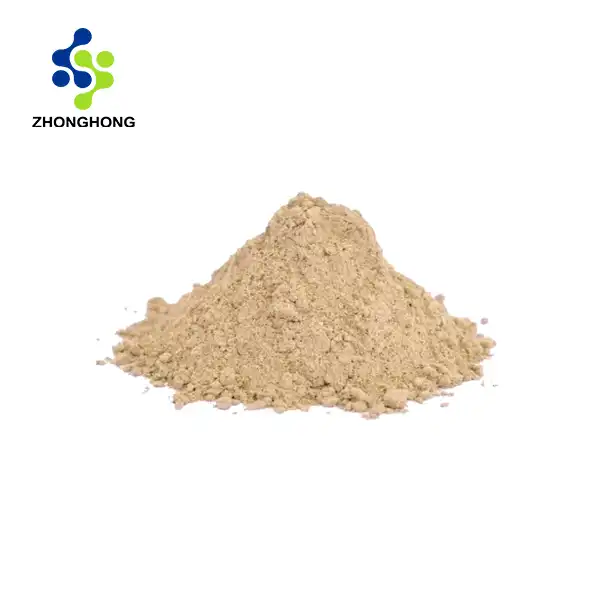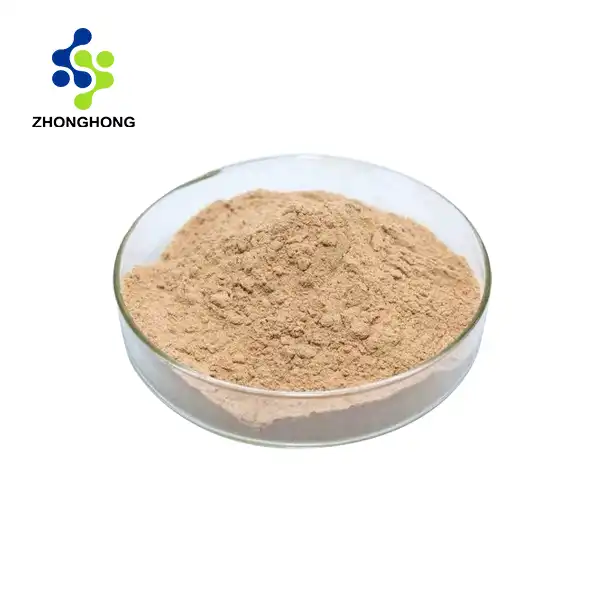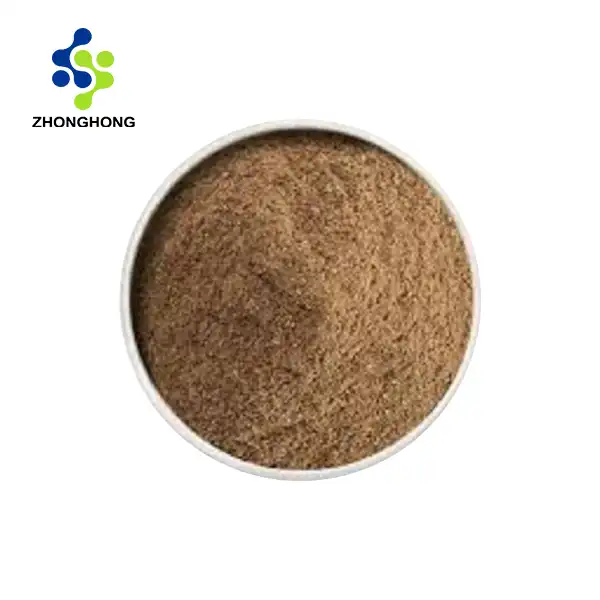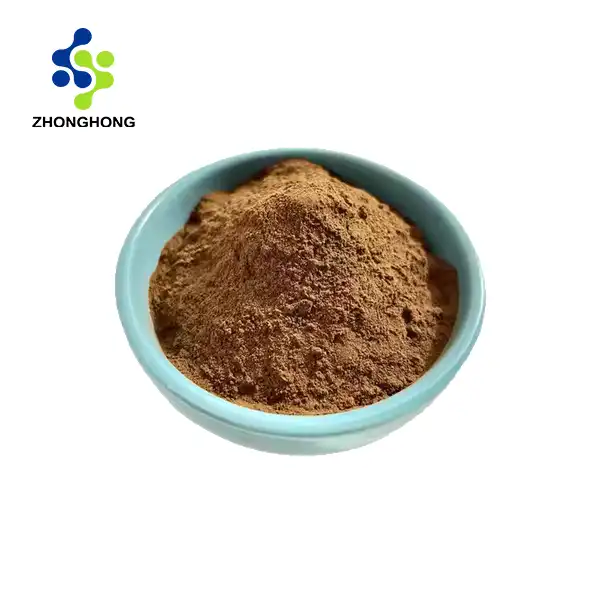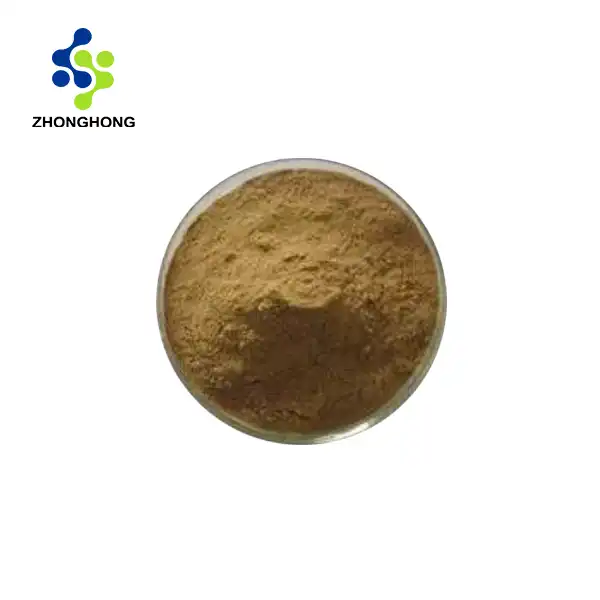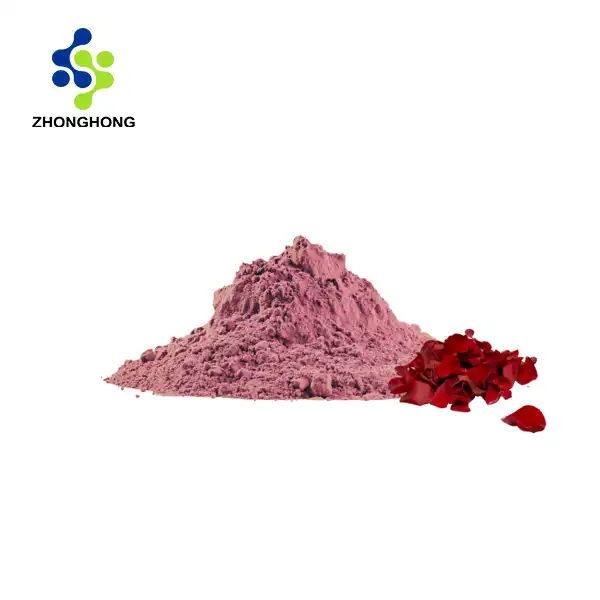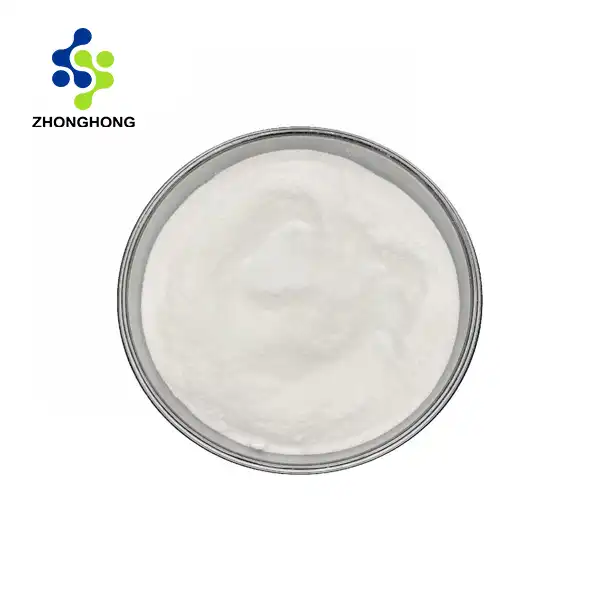Bakuchiol vs Retinol: Key Differences Explained
2024-12-26 23:05:30
In the ever-evolving world of skincare, two ingredients have been making waves for their anti-aging properties: bakuchiol and retinol. While retinol has long been hailed as the gold standard for combating signs of aging, bakuchiol has emerged as a natural alternative that's gaining popularity. This blog post delves into the key differences between these two powerhouse ingredients, exploring their origins, benefits, and potential side effects. We'll examine why bakuchiol might be a better choice for sensitive skin, compare the side effects of retinol with the benefits of bakuchiol, and explore why dermatologists are increasingly recommending bakuchiol as a gentler yet effective alternative to retinol.
Is Bakuchiol Better for Sensitive Skin?
Gentle Nature of Bakuchiol
Bakuchiol, derived from the seeds and leaves of the Psoralea corylifolia plant, has garnered attention for its skin-friendly properties. Unlike retinol, which can often cause irritation, redness, and peeling, especially in those with sensitive skin, bakuchiol offers a more gentle approach to skincare. This natural compound works similarly to retinol in promoting cell turnover and collagen production but without the harsh side effects that often accompany retinoid use.
Soothing Properties
One of the standout features of bakuchiol is its inherent soothing properties. While retinol can sometimes exacerbate skin conditions like rosacea or eczema, bakuchiol has been shown to have anti-inflammatory effects. This makes it an excellent option for those with sensitive or reactive skin types who still want to reap the anti-aging benefits typically associated with retinoids.
Hydration Balance
Retinol is known for its potential to cause dryness and flaking, which can be particularly problematic for those with already sensitive or dry skin. Bakuchiol, on the other hand, helps maintain skin hydration levels. It doesn't strip the skin of its natural oils, making it a more balanced choice for those concerned about maintaining their skin's moisture barrier while addressing signs of aging.
Retinol Side Effects vs Bakuchiol Benefits
Skin Irritation Comparison
One of the most significant differences between retinol and bakuchiol lies in their potential for skin irritation. Retinol, while effective, is notorious for causing what's often referred to as the "retinol uglies" - a period of increased sensitivity, redness, and peeling as the skin adjusts to the ingredient. Bakuchiol, in contrast, offers similar benefits without these uncomfortable side effects. Users of bakuchiol-based products often report smoother, more radiant skin without the adjustment period typically associated with retinoids.
Sun Sensitivity
Another crucial difference between these two ingredients is their impact on sun sensitivity. Retinol is known to increase the skin's sensitivity to UV rays, necessitating diligent use of sunscreen and often limiting its use to nighttime only. Bakuchiol, however, does not increase photosensitivity. This means it can be safely used during the day, offering more flexibility in skincare routines and potentially providing additional protection against environmental stressors.
Long-term Skin Health
While both ingredients offer impressive anti-aging benefits, their long-term effects on skin health differ. Retinol's powerful action can sometimes lead to thinning of the skin over time if not used carefully. Bakuchiol, with its gentler approach, supports long-term skin health without compromising the skin's natural protective functions. It's been shown to improve skin elasticity, firmness, and overall texture without the risk of over-exfoliation or barrier damage that can sometimes occur with prolonged retinol use.
Why Dermatologists Recommend Bakuchiol?
Comparable Efficacy to Retinol
One of the primary reasons dermatologists are increasingly recommending bakuchiol is its comparable efficacy to retinol. Studies have shown that bakuchiol can match retinol in its ability to improve fine lines, wrinkles, and skin firmness. A notable study published in the British Journal of Dermatology found that after 12 weeks of use, bakuchiol was as effective as retinol in improving photoaging in facial skin, with the added benefit of better tolerability. This scientific backing has given dermatologists confidence in recommending bakuchiol as a viable alternative to retinol, especially for patients who have experienced difficulties with retinoid use.
Suitability for Various Skin Types
Dermatologists appreciate bakuchiol's versatility across different skin types. While retinol can be challenging to incorporate into the skincare routines of those with sensitive, acne-prone, or mature skin, bakuchiol offers a more universally tolerable option. Its gentle nature makes it suitable for a broader range of patients, from those with oily and acne-prone skin to individuals with dry or sensitive complexions. This versatility allows dermatologists to recommend an effective anti-aging ingredient to patients who might otherwise struggle to find a suitable retinol alternative.
Compatibility with Other Skincare Ingredients
Another factor driving dermatologist recommendations of bakuchiol is its excellent compatibility with other skincare ingredients. Unlike retinol, which can be tricky to pair with certain active ingredients like vitamin C or alpha-hydroxy acids, bakuchiol plays well with most skincare formulations. This compatibility allows for more flexible and comprehensive skincare regimens, enabling dermatologists to create personalized treatment plans that address multiple skin concerns simultaneously without the risk of adverse reactions.
Conclusion
In the bakuchiol vs retinol debate, both ingredients offer significant benefits for anti-aging skincare. While retinol remains a powerhouse in the field, bakuchiol emerges as a gentle, natural alternative with comparable efficacy. Its suitability for sensitive skin, lack of side effects, and versatility make it an attractive option for many. As skincare science evolves, bakuchiol stands out as a promising ingredient that combines the best of nature and dermatological research. If you want to get more information about this product, you can contact us at liaodaohai@gmail.com.
References
1. Dhaliwal, S., et al. (2019). Prospective, randomized, double-blind assessment of topical bakuchiol and retinol for facial photoageing. British Journal of Dermatology, 180(2), 289-296.
2. Chaudhuri, R. K., & Bojanowski, K. (2014). Bakuchiol: a retinol-like functional compound revealed by gene expression profiling and clinically proven to have anti-aging effects. International Journal of Cosmetic Science, 36(3), 221-230.
3. Draelos, Z. D. (2018). The role of natural skin care products in the management of sensitive skin. Clinics in Dermatology, 36(5), 675-683.
4. Mukherjee, S., et al. (2006). Retinoids in the treatment of skin aging: an overview of clinical efficacy and safety. Clinical Interventions in Aging, 1(4), 327-348.
5. Zasada, M., & Budzisz, E. (2019). Retinoids: active molecules influencing skin structure formation in cosmetic and dermatological treatments. Advances in Dermatology and Allergology, 36(4), 392-397.
6. Tolleson, W. H., et al. (2005). Photodecomposition and phototoxicity of natural retinoids. International Journal of Environmental Research and Public Health, 2(1), 147-155.
_1728976869676.webp)
